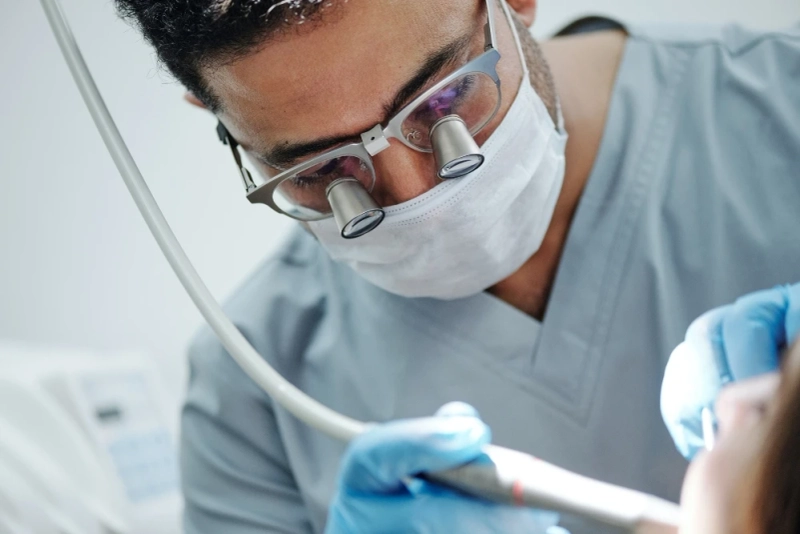The image source is Pexels. Dental problems are common for most of us. Luckily, there are ways to address these health issues and get relief. When you bite into something cold and immediately feel pain, that\'s a problem. Same goes for wincing if something hot touches your teeth. Mouth sensitivity may seem innocuous, but it is much more than just an annoyance. It\'s usually the sign of a deeper dental health problem. While the answer may be as simple as switching toothpastes, you need to work with your dentist to find out why your mouth is sensitive. Common causes are gum disease and cavities. You may also have exposed roots. Once you find the cause, your dentist can tell you whether you need fillings or root canals to solve the problem. People lose teeth for a variety of reasons. Little kids celebrate when their baby teeth fall out, but adults panic when permanent teeth disappear. Whether you suffered from an accident or a major dental problem that caused the loss, you can rely on implants to get your smile back. Implants are an option whether you lose one tooth or a whole row of teeth. Though the process of getting implants may seem daunting, there are dentists who offer one day implants. You may go in self-conscious about your smile, but you can walk out the same day with beautiful teeth. If everything to save a tooth has failed and you end up with a gap in your mouth, know that implants are a way to solve this issue. It\'s normal to think of your teeth when you think of oral health. However, the status of your gums is just as important. In fact, gum disease can affect your teeth and cause major problems for your entire mouth. Gums that bleed when you brush or floss are in distress. When you touch your gums with your toothbrush, they shouldn\'t be so sensitive that you wince. If they are, you may be suffering from gingivitis. Gingivitis occurs when plaque is allowed to accumulate below the gum line. This can happen for a variety of reasons, but brushing and flossing daily and seeing your dentist for regular cleanings is a way to avoid it. If untreated, gingivitis could leave you with loose teeth, bad breath, and a host of other problems that require more invasive treatments. Kids aren\'t the only ones who get cavities. When plaque builds up and breaks through your tooth\'s enamel, you will develop holes that are better known as cavities. Left untreated, these can cause pain and lead to other dental problems. Treating cavities usually requires having them filled. To avoid getting cavities in the first place, brush and floss daily and see your dentist for regular cleanings. Try not to snack between meals unless you carry a toothbrush and toothpaste with you to clean your mouth after your snack. It\'s also not a bad idea to ask your dentist if she will put a sealant on your teeth so you will be less likely to develop cavities. If you wake up with a tight jaw that hurts, you may be grinding or clenching your teeth in your sleep. Some people even do this when awake, and it can lead to headaches, cracked teeth, and a jaw that always feels bruised or sore. Instead of simply getting used to living in pain, you should seek treatment. Grinding your teeth or clenching your jaw at night can usually be helped with a mouth guard. Your dentist can fit you for one, and then you can wear it each night to protect your teeth from damage. If damage has already occurred, you may need implants or other interventions. Since stress is a major cause of jaw clenching, you need to make sure you aren\'t tightening your jaw during the day. If you feel yourself clenching or grinding your teeth, you can take deep breaths and make an intentional effort to loosen your jaw. Stress management is key if you are someone who clenches their jaw throughout the day. Dental problems aren\'t fun, but they can usually be treated by a dentist with the right experience. Make sure you seek help at the first sign of issues.Mouth Sensitivity
Missing Teeth
Gum Disease
Cavities
Jaw Pain
Conclusion
Dental Health Problems and How to Address Them
The image source is Pexels.Dental problems are common for most of us. Luckily, there are ways to address these health issues and get ...



